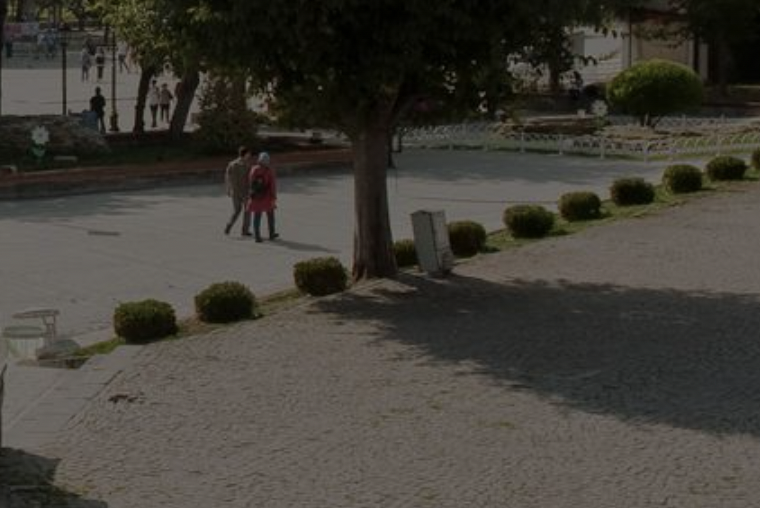
Building Resilience of Urban Water Infrastructure Systems: Managing Floods and Water Scarcity
This course aims to build capacity to address the growing challenges of climate- and disaster-induced risks to urban water infrastructure. It has been developed by CDRI in collaboration with Deltares, and with the support of the Ministry of Infrastructure and Water Management, Government of the Netherlands.
DRI Lexicon
This course aims to enhance the understanding of infrastructure-related terms and phrases and apply various terminologies in real-world scenarios.
Global Infrastructure Risk Model and Resilience Index
GIRI is the first-ever fully probabilistic model to identify and estimate risk associated with major geological and climate-related hazards (Earthquake, Tsunami, Landslide, Flood, Tropical Cyclone and Drought) across critical infrastructure sectors.
Nature-based Solutions (NbS) for Global South Cities
This course will explore Nature-based Solutions (NbS) from the perspective of cities in the global South. It will delve into some of the significant challenges that these cities are facing as a result of unsustainable development and climate change, and how those challenges can be addressed by protecting, expanding, and reintroducing nature.

Integrated Urban Planning
The course is targeted at urban decision-makers and planners and describes how to think about urban planning as an integrated process. You will learn about the concept of integrated urban planning (IUP), the benefits of integration, the process for IUP implementation, its applications in the global south through case studies.
Virtual Course on Evaluation of Health Facilities using the Hospital Safety Index (HSIv2)
The course offered by the Pan American Health Organization (PAHO) focuses on the Safe Hospitals initiative that the World Health Organization (WHO) has promoted and supported for more than 25 years.




